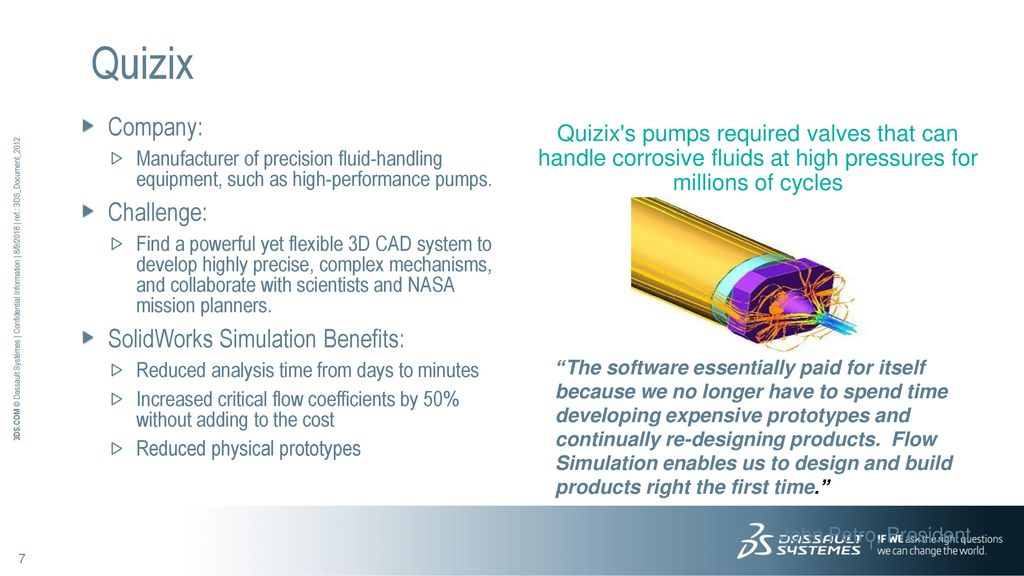

The ideal way to test for ballooning of the cylinder tube is to conduct a piston-seal bypass test, mid-stroke. The major limitation of the end-of-stroke bypass test, is that it generally doesn't reveal ballooning of the cylinder tube caused by hoop stress. This is commonly referred to as the "end-of-stroke bypass test". The conventional way of testing the integrity of the piston seal in a double-acting cylinder is to pressurize the cylinder at the end of stroke and measure any leakage past the seal. But before attempting this test procedure, it is absolutely essential that the danger associated with pressure intensification in a hydraulic cylinder is fully understood.

In this post, I will explain how to use the intensification effect to test the integrity of the piston seal in a double-acting hydraulic cylinder. In a previous post, I described the danger associated with the intensification of pressure in a double-acting hydraulic cylinder.


 0 kommentar(er)
0 kommentar(er)
